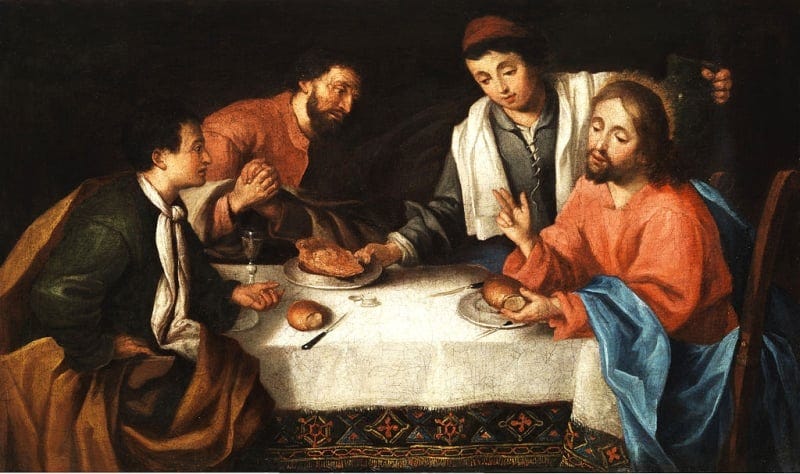A Feast of Friendship
From Strangers to Sacred Kin
In November 2003 I was serving as a missionary in Málaga, Spain, when I received a new assignment to the mission’s most unusual area: Gibraltar. An enormous, iconic rock on the southern tip of Iberia, Gibraltar was captured by the British navy in 1704 and has remained a British territory ever since. After passing through customs my new companion and I walked across the surreal airport landing strip dividing Spain and Britain and then up to our flat at 4 Engineer Lane.
I soon discovered many fascinating features of Gibraltar life: Locals (who called themselves Llanitos) spoke a quirky mix of Spanish and English (supposedly the origin of the word “gibberish”). A common day’s routine included baked beans for breakfast, fish and chips for lunch, and siestas in the afternoon. Macaque monkeys roamed the rock, protected by a prophecy of Winston Churchill that their presence ensured that Gibraltar would remain British. Around thirty thousand people lived in the territory, and for so small a population it was extraordinarily ethnically and religiously diverse. There were significant communities of Moroccan Muslims, Sephardic Jews, Maltese Catholics, Goanese Hindus, Anglicans, Bahá'ís, and a very small group of Latter-day Saints.
In summer 2004, the entire rock was charged with excitement in anticipation of celebrations commemorating the three hundredth anniversary of British rule. On August 4 Princess Anne, Queen Elizabeth II’s daughter, gave a speech, a choir sang “I Vow to Thee My Country,” and a new statue of Admiral George Rooke was dedicated. And then the community did something remarkable—seventeen thousand citizens joined hands and encircled the entire three-square-mile rock of Gibraltar. My companion and I were links in that human chain of friendship, a tangible sign of unity and goodwill among a people determined to bridge all external differences in the pursuit of a shared home.
I was quite moved at the time, and I have continued to reflect on the rich symbolism of that civic ritual. Of the many reasons I am a Christian, chief among them is that Jesus invites each one of us, no matter how broken or imperfect, to join his banquet table and become his friend. What does he ask in return? You are my friends if you do what I command. What does he command? Love one another, as I have loved you. To follow Christ is to take friendship seriously. Perhaps more seriously than anything else. Zion, ultimately, is a city of friends, but with friendships deepened by a sacramental relationality enabled by the love of Christ—an alchemy of grace where acquaintances can be transformed into kin. For Latter-day Saints, perhaps our most beautiful doctrine is that families are forever, and so are our friendships. “That same sociality which exists among us here will exist among us there, only it will be coupled with eternal glory.”
Zachary Davis is the Editor of Wayfare and Executive Director of Faith Matters.




